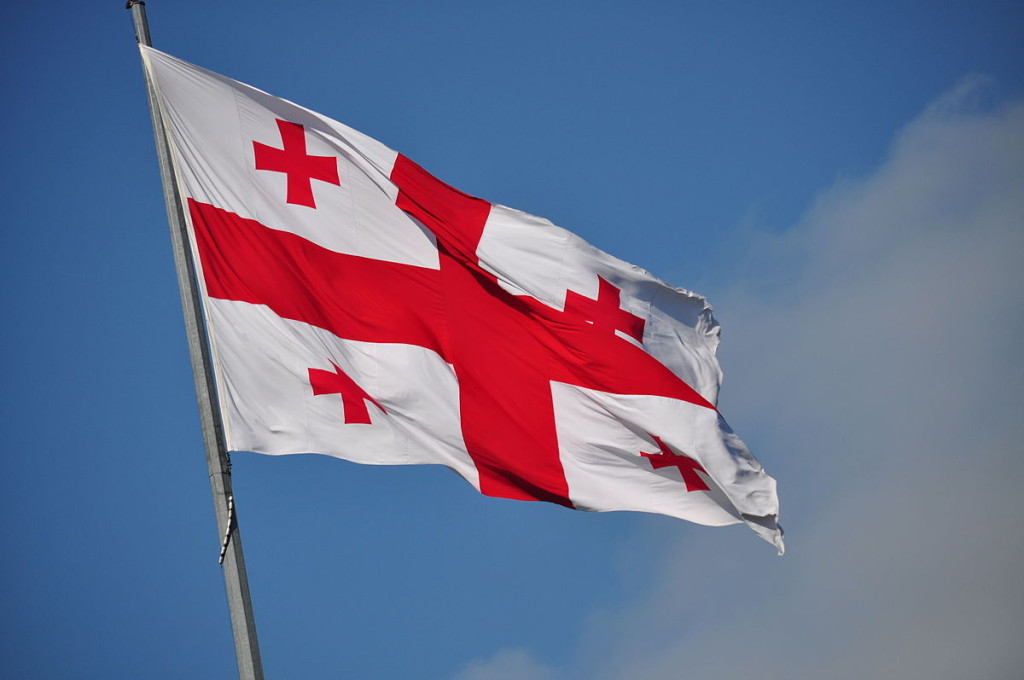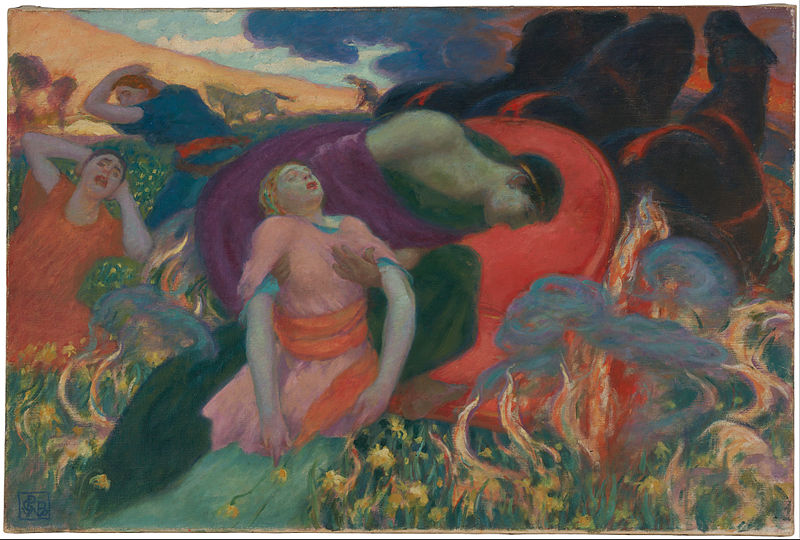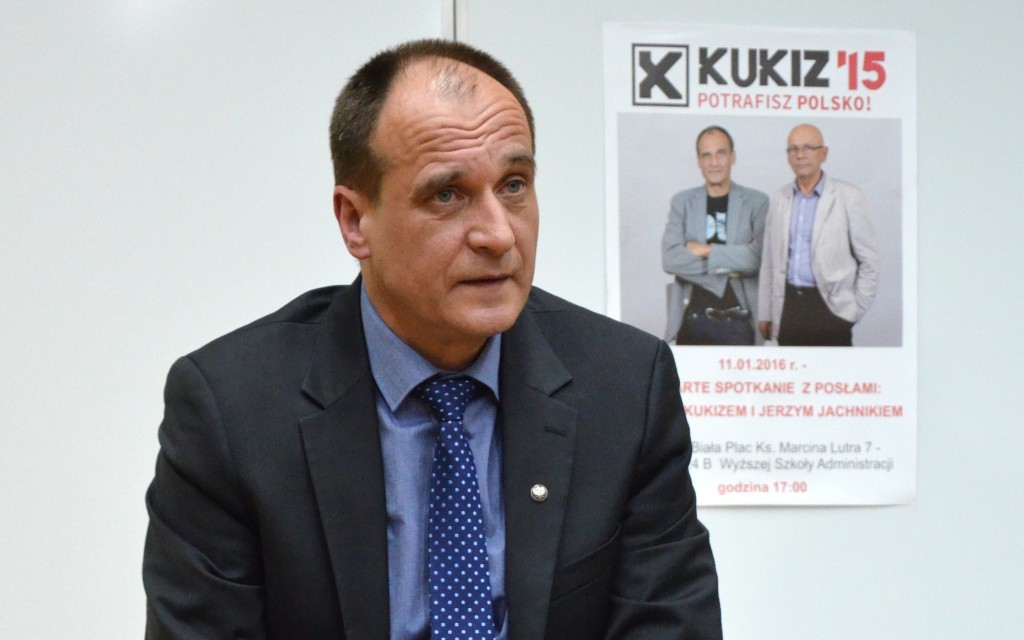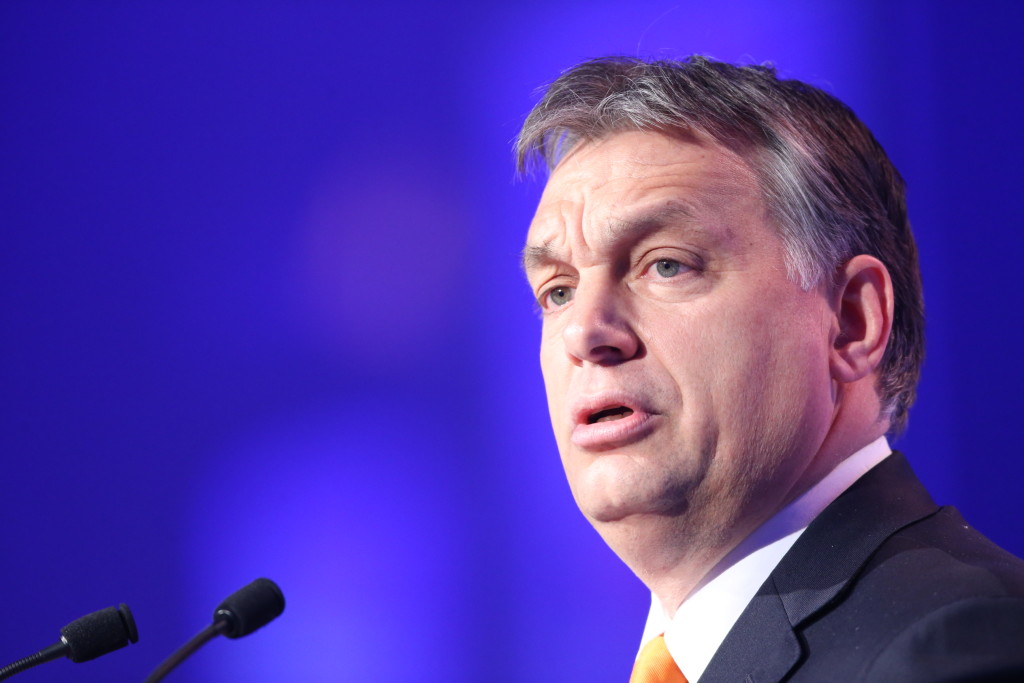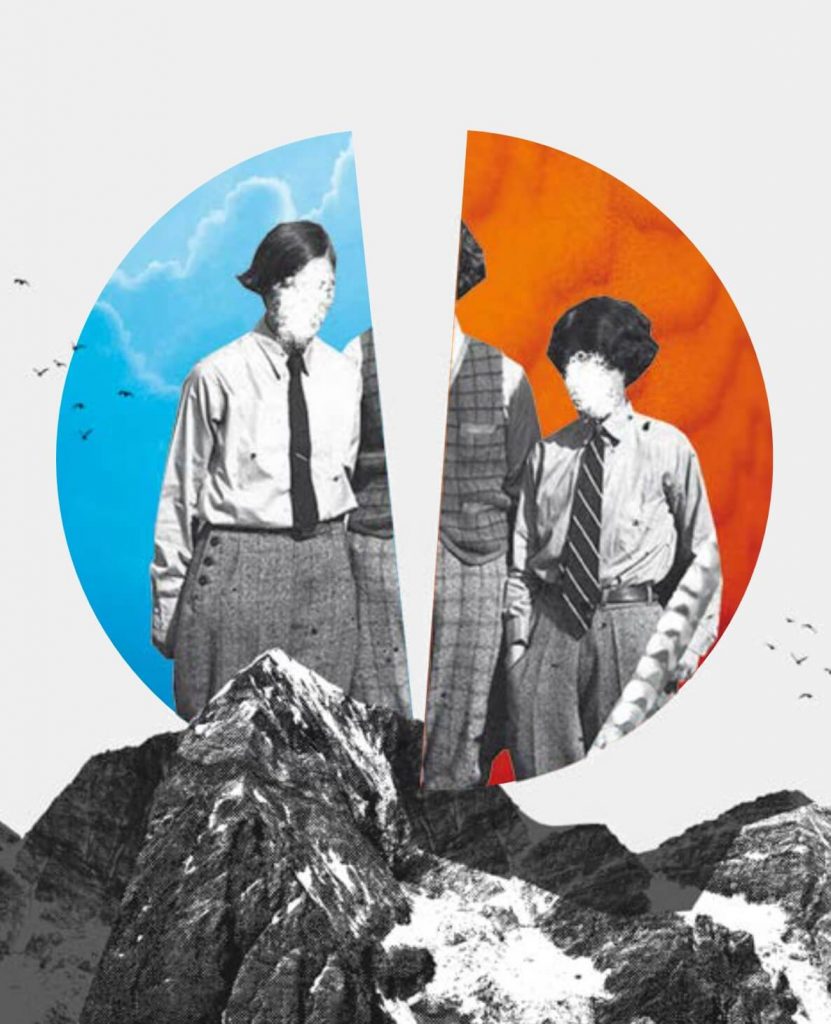
From State to Market: Thirty Years of Economic Success in Estonia
BY
Amedeo Gasparini / June 8, 2021
After thirty years of independence, today Estonia has a very high government integrity, full respect and guarantee of property rights, a fair tax burden and government spending, high trade investment, and considerable financial freedom. Not bad for a country that has been under State Socialism for almost half a century.



